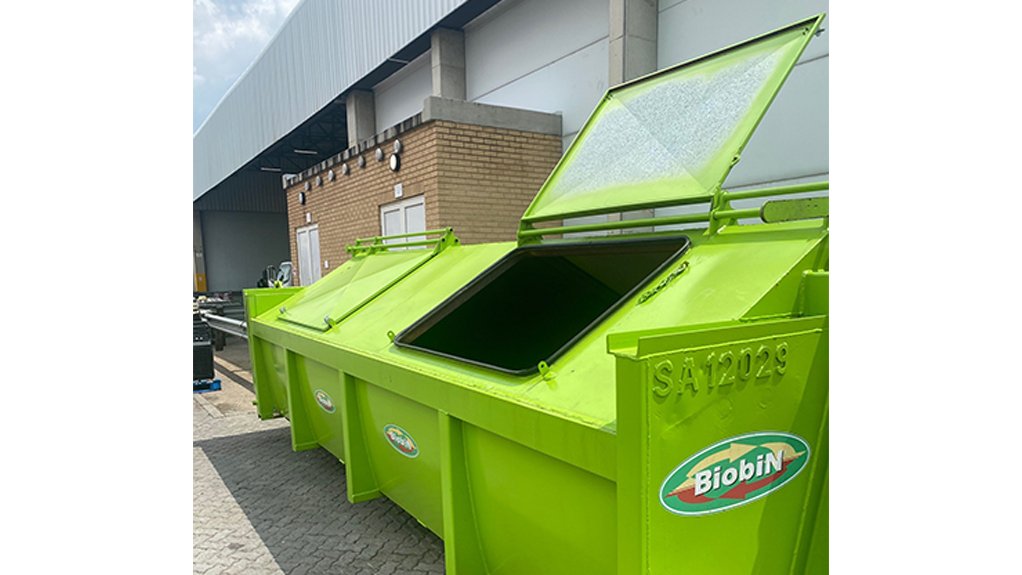/ MEDIA STATEMENT / The content on this page is not written by Polity.org.za, but is supplied by third parties. This content does not constitute news reporting by Polity.org.za.
We need to conserve our biodiversity for our own benefit and the benefit of future generations. A healthy environment and rich biodiversity will support the natural water cycle, helps with our food production, and recycles the air that we breathe. Biodiversity is not just the wildlife and nature that you can see, it is also the small microorganisms within soil that play a big part in the health of the entire ecosystems. With this, it is clear that a healthy, biodiverse ecosystem support our own health through proving clean air, water and quality food.
Sunday, 22 May 2022 is International Day for Biological Diversity, focused on highlighting the importance of biodiversity, especially for a sustainable future. For Biodiversity Day this year, the campaign is highlighting 22 actions that businesses and citizens can do to protect biodiversity.
In recognition of taking action towards protecting biodiversity, BiobiN South Africa highlights three key actions that businesses and citizens can take to protect biodiversity.
1. Divert food and organic waste from landfill.
“South Africa is still very reliant on landfill to dispose our general waste streams. With food and organic waste, the best way to divert this stream is to compost it. We have the composting technology readily available to divert food and organic waste from landfill,” says Brian Küsel, Director of BiobiN South Africa. “By diverting organic waste, we can reduce our reliance on landfill and prevent the need to extend existing landfill site that may disrupt or impact the surrounding environment and biodiversity.”
“Clearing land to create more landfill space is becoming more prominent nowadays as many of our landfills in South Africa are approaching their capacity. This type of land conversion will only exacerbate the existing environmental impacts of a landfill site,” says Küsel. “As many of our landfill sites approach capacity, we need to adopt waste diversion technologies on-site. Alternative waste treatment technology like composting units allows a facility to circulate organic waste, creating high-grade compost, which can be used on-site or at a nearby garden or farm. It is an ideal model that circulates organic waste all within a local or regional area, instead of having to transport it over distances for final disposal.”
2. Recycling carbon through waste. Emulating the natural functioning of an ecosystem and biodiversity, all waste is reused or recirculated as a resource. Everything is recycled. By composting food and organic waste, we are recycling carbon, one of the most important elements for life, right with oxygen.
Organic waste breaks down and carbon is stored within the soil content. In soil, carbon helps with water retention and soil fertility, and ultimately plant growth. Improved plant growth and health will convert more atmospheric carbon dioxide into oxygen. “By composting we restore carbon in soil. Healthy soil bodies are crucial in supporting great ecosystems.”
3. Looking after our soil with essential nutrients. It’s not just carbon that composting our food waste will provide our soils. Our food waste is rich in nitrogen, phosphorus, and potassium, three elements that promote healthy plant growth. Most synthetic fertilizers contain these three elements, however one of elements used in excess from fertilizers can run-off into waterways to cause algae blooms. Algae blooms is a common environmental impact from agricultural fertilizers that adversely impacts the local biodiversity, especially in wetlands and rivers. An algae bloom will decrease the level of oxygen in a water body and eliminate the aquatic species that rely on that water source. Using compost, the chances of agricultural run-off from excess nutrients is a less likely occurrence.
“Leading up to International Biodiversity Day, we are encouraging all businesses to look at the way that they manage their organic waste stream and to identify better waste management options,” says Küsel. “As a responsible citizen, we encourage you to support businesses and retail especially, who have implemented organic waste diversion initiatives, like composting.”
Issued on behalf of BiobiN South Africa
EMAIL THIS ARTICLE SAVE THIS ARTICLE ARTICLE ENQUIRY
To subscribe email subscriptions@creamermedia.co.za or click here
To advertise email advertising@creamermedia.co.za or click here











